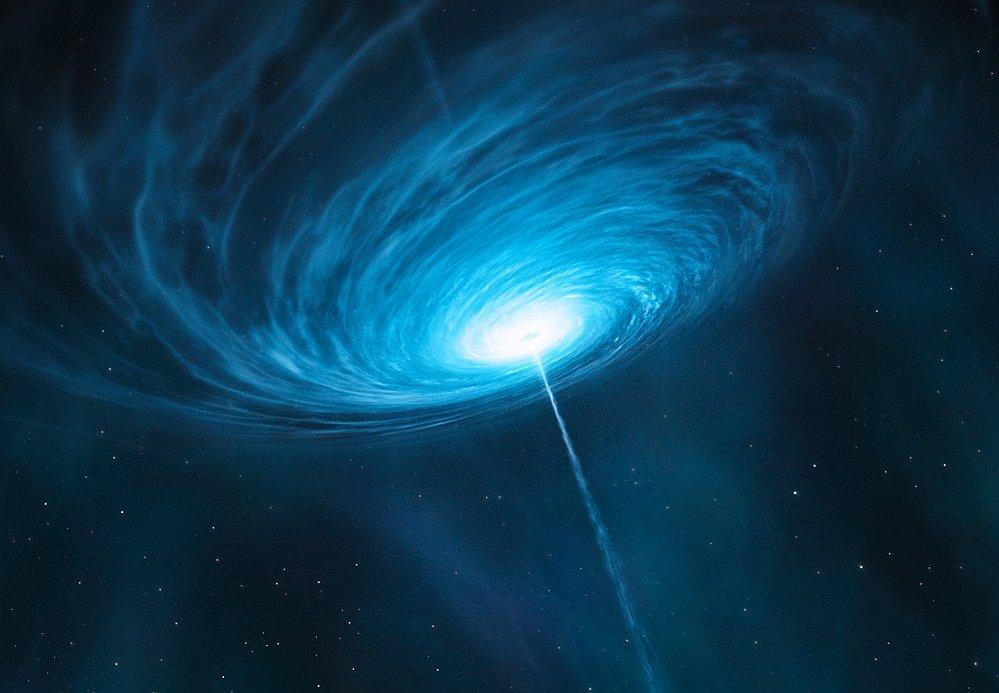
Scientists Recreate Universe’s First Chemical Reaction After 13 Billion Years
In a groundbreaking achievement, scientists at the Max Planck Institute for Nuclear Physics and University of Giessen have successfully recreated the universe’s first chemical reaction, which occurred a staggering 13 billion years ago. This pioneering discovery has shed new light on the early stages of the universe’s formation and the process that enabled the first stars to shine.
The reaction in question involves the collision of helium hydride ions (HeH⁺), the earliest molecule, with deuterium atoms. This collision produces a heavier hydrogen ion (HD⁺) and neutral helium, marking the first chemical reaction in the universe’s history. This breakthrough was made possible through the use of advanced experimental techniques and sophisticated computer simulations.
To recreate the reaction, the scientists used a specialized experimental setup at the University of Giessen’s ion storage ring. Here, they generated helium hydride ions and deuterium atoms, which were then brought together in a controlled environment. The resulting collision was monitored using advanced detection systems, allowing the researchers to analyze the products of the reaction.
The reaction itself was a crucial step in the early universe’s evolution. It played a key role in cooling the gas clouds that existed during this period, allowing them to collapse and form the first stars. This process, known as star formation, marked the beginning of the universe’s luminous era, as the first stars began to shine.
The discovery of this reaction has significant implications for our understanding of the universe’s early stages. “This reaction is a crucial step in understanding how the universe cooled and the first stars formed,” said Dr. Ralf Schinke, a researcher involved in the study. “It’s a fundamental process that helped shape the universe as we know it today.”
The team’s findings were published in the journal Astronomy & Astrophysics, and have been hailed as a major breakthrough in the field of astrochemistry. The study’s lead author, Dr. Jürgen Schäfer, noted that “this reaction has been a mystery for decades, and we’re thrilled to have finally been able to recreate it. It’s a testament to the power of human curiosity and the importance of fundamental research.”
The recreation of the universe’s first chemical reaction is a testament to the incredible advancements made in scientific research over the past century. From the development of sophisticated experimental techniques to the use of advanced computer simulations, scientists have been able to push the boundaries of human knowledge and understanding.
As we continue to explore the mysteries of the universe, discoveries like this one serve as a reminder of the awe-inspiring complexity and beauty of the cosmos. The recreation of the universe’s first chemical reaction is a significant milestone in our understanding of the universe’s evolution, and will undoubtedly inspire future generations of scientists to continue exploring the unknown.
Source:
https://www.aanda.org/articles/aa/full_html/2025/07/aa55316-25/aa55316-25.html






